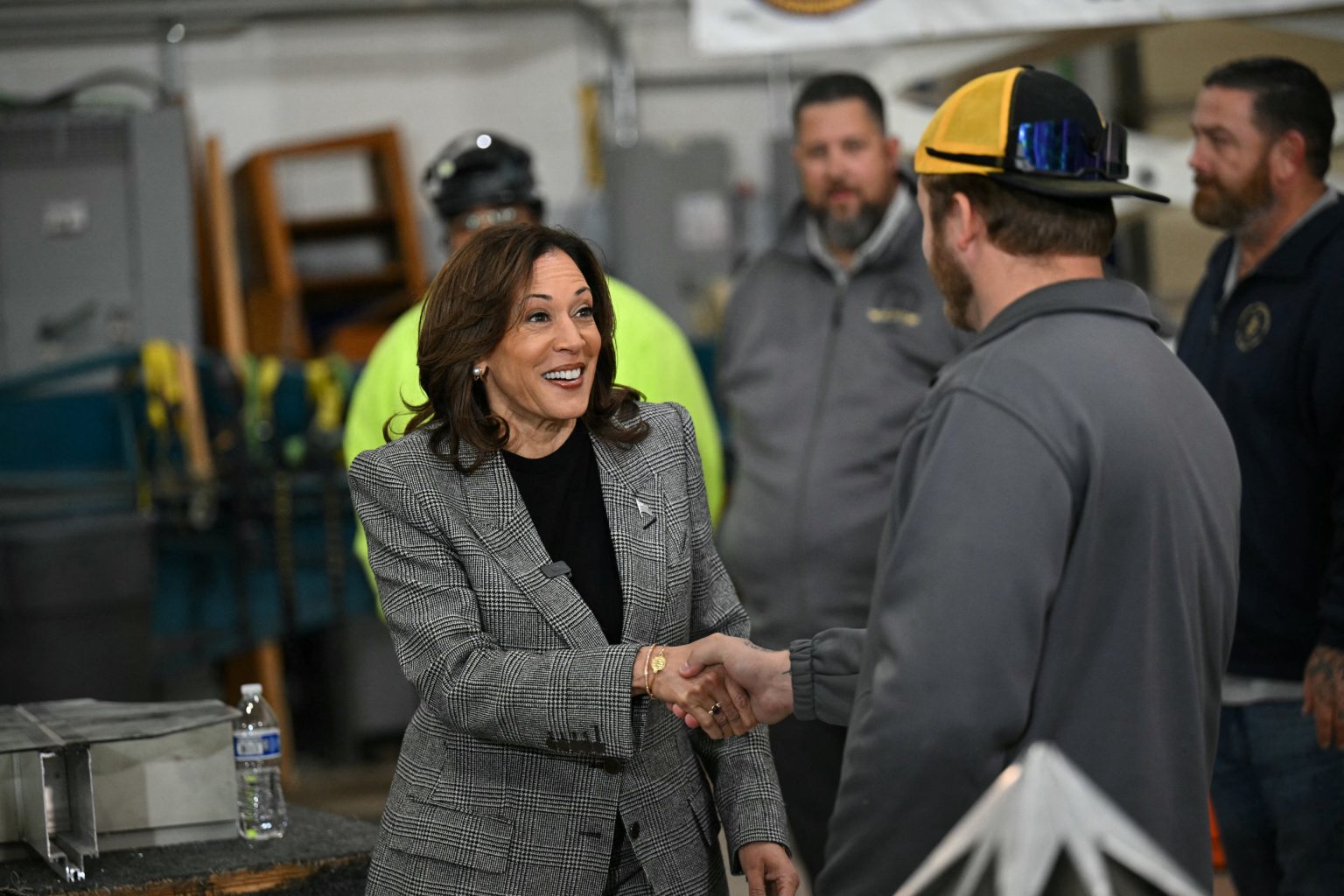Sean O’Brien, the president of the International Brotherhood of Teamsters, a powerful labor union representing 1.3 million members, publicly criticized Vice President Kamala Harris on The Tucker Carlson Show, alleging a dismissive attitude and a premature departure from a meeting with union leadership during her 2024 presidential campaign. O’Brien recounted that after President Biden’s withdrawal from the race, Harris met with a Teamsters executive board member and reportedly declared, "Teamsters? You better get on board. Better get on board soon," before taking only three questions out of a planned sixteen and leaving the meeting twenty minutes early. This perceived slight comes in the wake of the Teamsters’ unprecedented decision to refrain from endorsing a presidential candidate in the 2024 election, a break from their traditional alliance with the Democratic Party. O’Brien’s account of Harris’s behavior and the union’s decision not to endorse underscore a growing rift between the Democratic Party and the working class, a demographic traditionally aligned with their platform.
The Teamsters’ withheld endorsement and O’Brien’s criticisms highlight the shifting political landscape and the increasing appeal of populist candidates among blue-collar workers. Internal union polls revealed a significant preference for Donald Trump among Teamsters members, with nearly 60% favoring him over Harris. This surprising statistic reflects a broader trend of working-class voters gravitating towards Trump’s rhetoric and policies, despite his party’s historical association with pro-business stances often viewed as anti-labor. This shift is further illustrated by Trump’s nomination of Lori Chavez-DeRemer, a Republican representative from Oregon with a history of attracting union support, to head the Department of Labor. While Chavez-DeRemer ultimately lost her re-election bid, her nomination itself is a testament to the evolving relationship between the Republican party and organized labor.
The Teamsters’ decision not to endorse any candidate stemmed from both Harris’s perceived disregard and the failure of either candidate to commit to key union priorities. Neither Harris nor Trump provided satisfactory assurances on issues crucial to the Teamsters, including the Railway Labor Act and "right to work" legislation. "Right to work" laws, which weaken unions by allowing employees in unionized workplaces to opt out of paying dues, are a particularly contentious issue for the Teamsters. Fred Zuckerman, the union’s General Secretary-Treasurer, emphasized that opposition to such legislation is a non-negotiable requirement for any candidate seeking their endorsement. The lack of commitment from both Harris and Trump on these critical issues ultimately led to the Teamsters’ historic decision to remain neutral in the presidential race.
O’Brien’s public airing of his grievances with Harris underscores the growing frustration within the labor movement with the Democratic Party’s perceived neglect of working-class concerns. His choice of platform – The Tucker Carlson Show, a program with a predominantly conservative audience – further amplifies the message of this discontent and signals a potential willingness to engage with non-traditional political allies. O’Brien’s colorful language in describing Harris, questioning “who does this f** lady think she is?”, reinforces the sense of disrespect he felt from the interaction, further widening the gap between the union and the Democratic Party. This incident, coupled with the union’s internal polling data favoring Trump, paints a clear picture of the changing political allegiances within the American working class.
The potential appointment of Chavez-DeRemer to the Department of Labor, despite her electoral defeat, would have marked a significant shift in the department’s direction. Her association with the Heritage Foundation’s "Project 2025," a conservative think tank known for its pro-business stance, suggests a potential departure from the pro-union policies implemented during the Biden administration. This potential shift could have significant implications for workplace regulations, unionization rights, and the overall balance of power between employers and employees. While Chavez-DeRemer’s appointment did not materialize, the very consideration of such a candidate underscores the evolving relationship between the Republican Party and organized labor, and the potential for further realignments in the future.
The Teamsters’ decision to withhold their endorsement and O’Brien’s public criticism of Harris represent a significant turning point in the relationship between organized labor and the Democratic Party. It highlights the growing dissatisfaction within the working class with the perceived disconnect between the party’s rhetoric and their lived experiences. The shift in allegiances evidenced by the internal polling data, coupled with the potential for a more conservative Department of Labor, signals a potential realignment of the political landscape. Moving forward, the Democratic Party will need to address the concerns of organized labor and the working class if they hope to retain their support in future elections. This incident serves as a stark reminder of the importance of engaging with and addressing the needs of this crucial demographic.

